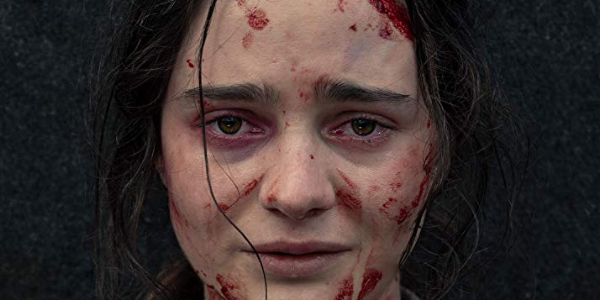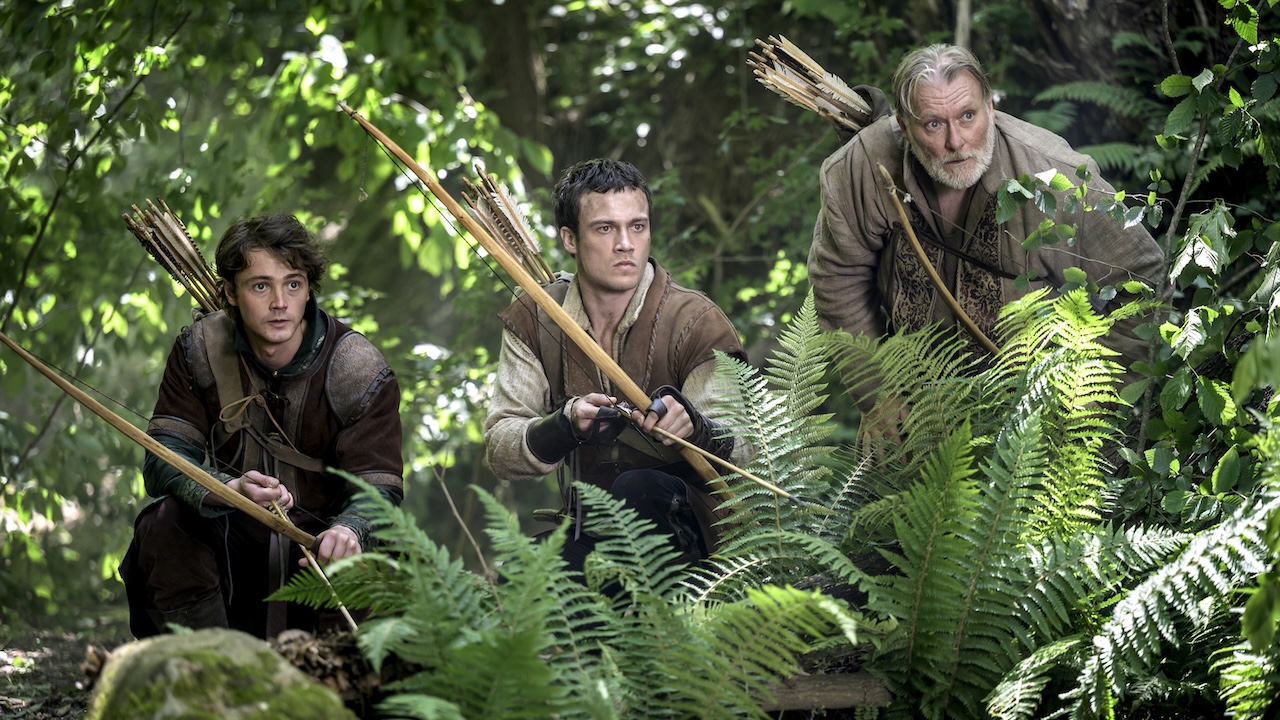Babadook Director Defends Sexual Assault Scenes In Controversial New Movie

Sexual assault is a theme that is difficult to confront in a manner that audiences at large will find acceptable. Even if based on historical events and precedent, there’s a line that exists between what counts as enough and what counts as too much, as The Nightingale writer/director Jennifer Kent has just found out first hand.
After the latest film from the writer/director of The Babadook received some negative press for inciting several audience members to walk out of The Nightingale, Kent spoke towards these events in a statement that included the below remarks:
I do not believe this would be happening if the film was at all gratuitous or exploitative. Whilst The Nightingale contains historically accurate depictions of colonial violence and racism towards our Indigenous people, the film is not ‘about’ violence … We’ve made this film in collaboration with Tasmanian Aboriginal elders, and they feel it’s an honest and necessary depiction of their history and a story that needs to be told. I remain enormously proud of the film.
From the early reports that have come out of The Nightingale’s early screenings, there are apparently repeated instances where a character is being sexually assaulted on screen. But the rage towards Jennifer Kent’s depiction of that horrific act isn’t based around the act itself, but instead it seems to be pertaining to the frequency of the act included in the film.
This criticism was most bluntly expressed by an audience member who, during the film’s premiere in Sydney this past Sunday, exclaimed upon her exit, "I’m not watching this. She’s already been raped twice.” And yet, Jennifer Kent is resolute in the film she’s presented the audience, as she told The Independent in her remarks, enforcing that the atrocities she’s put onto film were historically accurate.
The Nightingale’s overall story isn’t centered around this particular event though, as Aisling Franciosi’s protagonist Clare is pursuing a Lieutenant Hawkins, a British officer played by The Hunger Games’ Sam Claflin, through Australia in 1825. Her quest to find this man is rooted in the fact Hawkins has murdered her husband and infant child, and basically gotten away with these acts.
With a story that grim and brutal, much as The Babadook before it, it’s almost a surprise that The Nightingale would catch such fire for depicting the subject of sexual assault. But with various films in the past using that very theme as threadbare justification for character motivations, the discomfort a repeated execution of such an act on the screen would incite is a pretty big discussion point.
It can be assumed that distributor IFC films will stand by Jennifer Kent’s statement, and will release The Nightingale without any alteration. But if enough audience members complain, there might be a push for both parties to discuss a re-edited version of the film. And while most audience petitions these days are for frivolous matters, this might be one that catches fire, in hopes of boosting the film’s distribution prospects.
Your Daily Blend of Entertainment News
For now, it should be advised that if any potential audience member for The Nightingale has an aversion to sexual assault depicted in film, this just isn’t going to be a film for them.
The Nightingale is slated for debut in limited release on August 2nd, with a nationwide expansion to follow at an undetermined date.

Mike Reyes is the Senior Movie Contributor at CinemaBlend, though that title’s more of a guideline really. Passionate about entertainment since grade school, the movies have always held a special place in his life, which explains his current occupation. Mike graduated from Drew University with a Bachelor’s Degree in Political Science, but swore off of running for public office a long time ago. Mike's expertise ranges from James Bond to everything Alita, making for a brilliantly eclectic resume. He fights for the user.
